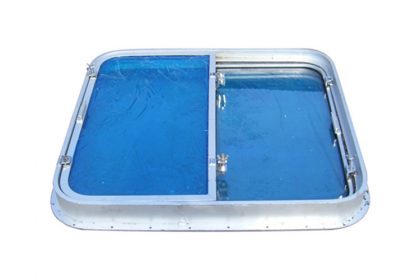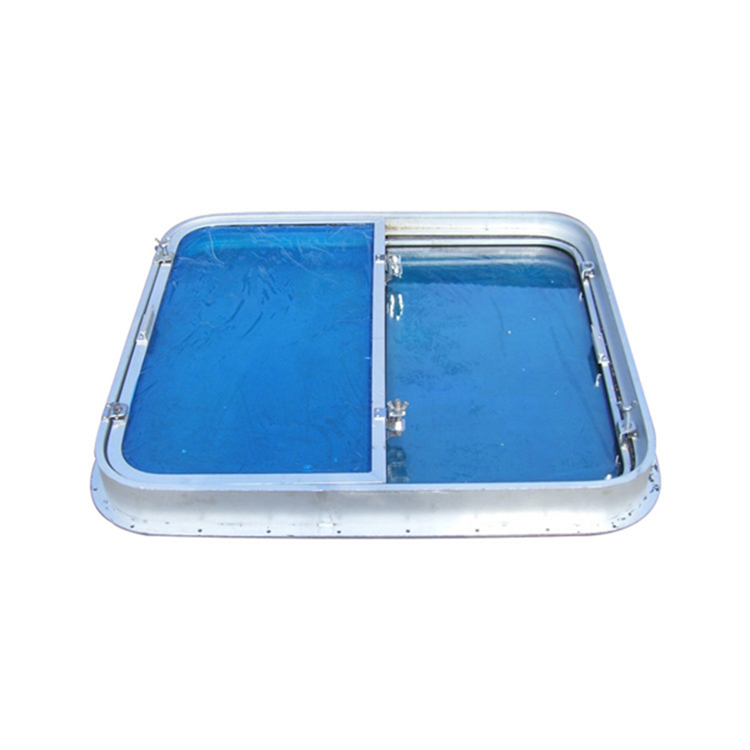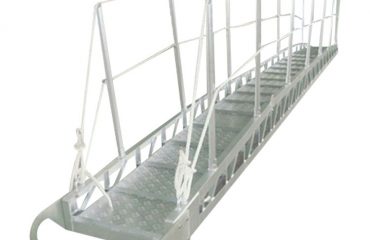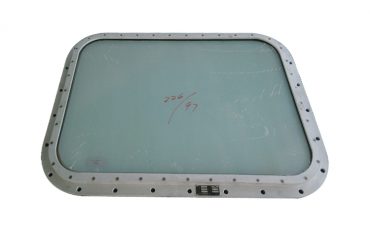

Ship Windows play a critical role in determining a building’s overall energy efficiency. Poorly insulated windows can result in significant heat loss in winter and heat gain in summer, leading to increased energy consumption for heating and cooling. On the other hand, well-insulated and properly sealed windows can help reduce energy usage by maintaining a comfortable indoor temperature and reducing the need for heating and cooling systems to work overtime.
There are several ways in which high-quality ship windows can improve energy efficiency:
Insulation: Energy-efficient windows are designed to provide better insulation, preventing heat transfer between the interior and exterior of a building. Double or triple-pane windows with insulating gas fillings, low-emissivity coatings, and high-quality frames can significantly reduce heat loss and improve overall energy efficiency.
Air Leakage: Properly sealed windows can help minimize air leakage, preventing drafts and maintaining a consistent indoor temperature. Weatherstripping and caulking around the window frames can effectively seal gaps and cracks, reducing energy loss and improving comfort.
Solar Heat Gain: Energy-efficient windows are designed to control the amount of solar heat entering a building, especially during the summer months. Low-emissivity coatings can reflect a portion of the sun’s heat rays while allowing natural light to pass through, reducing the need for artificial lighting and cooling.
Condensation: Energy-efficient windows are less prone to condensation, which can lead to mold growth and structural damage. By maintaining a consistent indoor temperature and reducing humidity levels, energy-efficient windows can help prevent condensation and improve indoor air quality.





